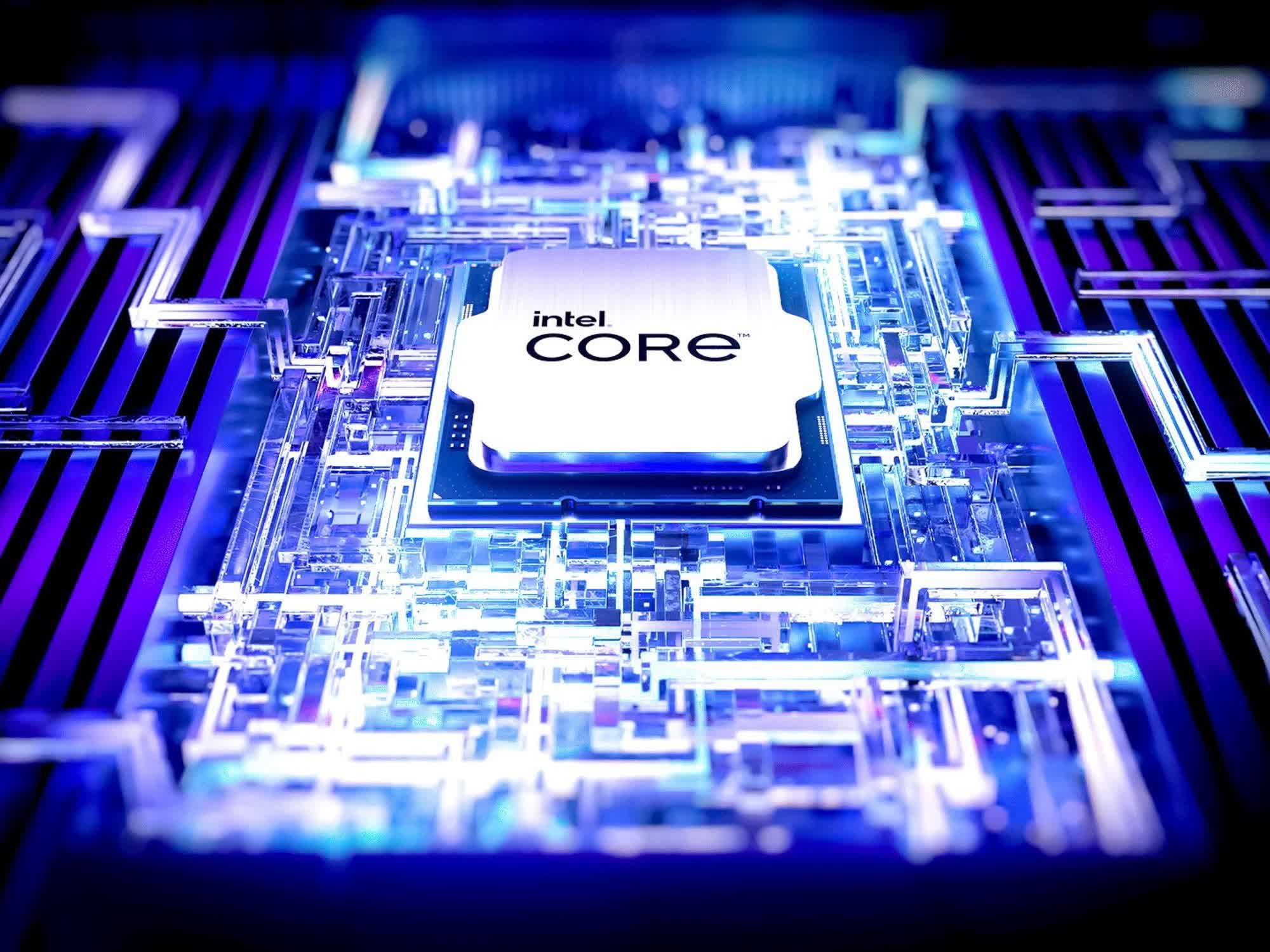TL;DR: Intel promised to fix its Raptor Lake stability issues with a microcode update but said it could take weeks for motherboard makers to implement the fix. However, it's only been a few days since that announcement, and we're already beginning to see it become available with some manufacturers.

Mere days after Intel announced the new 0x12B microcode as a proper fix to the Vmin Shift Instability issue, motherboard manufacturers have started integrating the update into their firmware releases. There is still some work to do, as OEMs have denoted many of these updates as "beta" releases.
During its extensive investigation regarding crash-prone 13th- and 14th-Gen Core desktop processors, Intel discovered the Vmin Shift Instability issue to be the cause of the numerous stability complaints. In short, compatible motherboards were feeding excessive voltage levels to the CPUs, making the entire system unreliable and, in some cases, permanently damaging the processors.
The new 0x12B microcode update encompasses previously released updates (0x125, 0x129), addressing the voltage issue in Raptor Lake chips and hopefully avoiding permanent damage to the hardware. The bad news is that the update will not work on CPUs already experiencing the Vmin Shift Instability. The good news is that end users have already begun receiving replacements under Intel's warranty program.

Tom's Hardware notes that companies have already implemented the 0x12B microcode update into their latest firmware. Asus has started providing new "BIOS" beta versions for its Z790 motherboards, stating that Intel's microcode 0x12B will address elevated voltage requests during idle or light activity. The update should help mitigate Vmin Shift instability issues.
The new microcode is still unavailable for Asus LGA1700 boards using the B760 and Z690 chipsets, as the most recent firmware updates only include Intel's microcode 0x129. The Taiwanese manufacturer has decided to first bring the 0x12B update to its top performers. However, we can expect the new microcode to eventually work its way into other models after validation.
ASRock is also starting to ship new firmware releases containing the Vmin Shift instability fix, with the first batch of updates focusing on its Z790 motherboards. MSI is the only other OEM implementing the microcode, but only for a few of its Z790 motherboards. Meanwhile, Gigabyte, Aorus, and other third-party manufacturers still lack the all-important fix in their products.
First firmware updates designed to fix Intel's Vmin Shift instability spotted in the wild